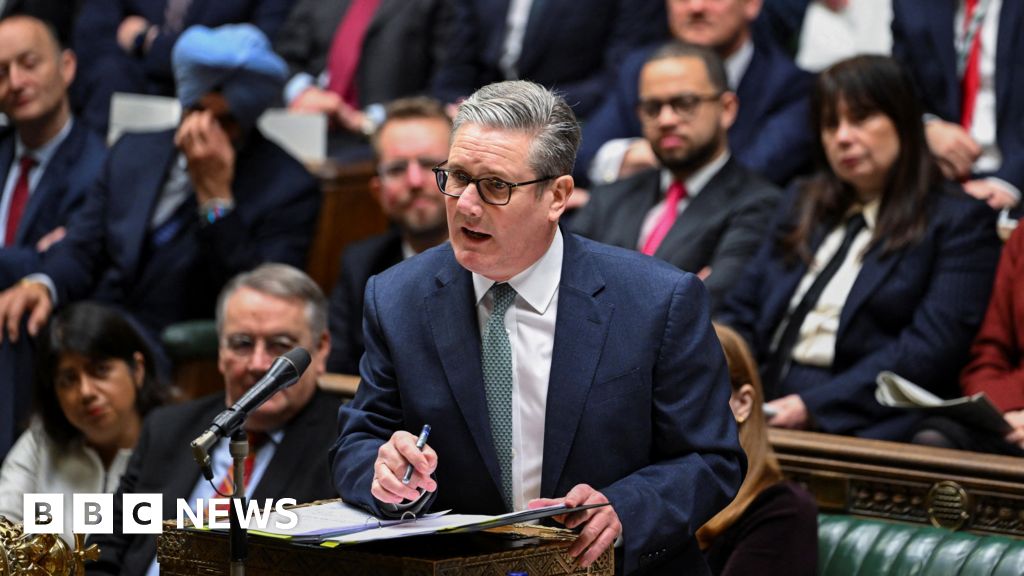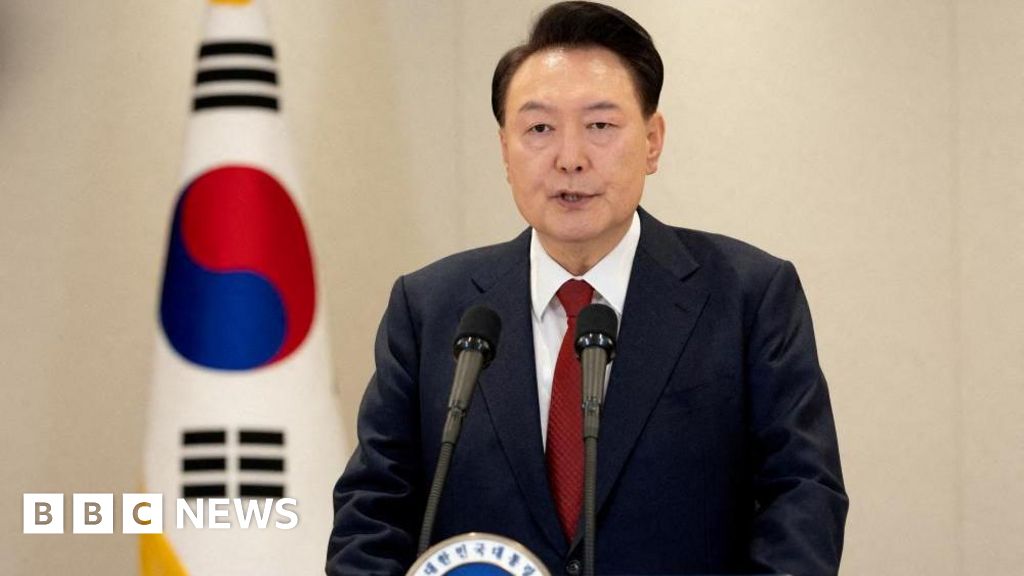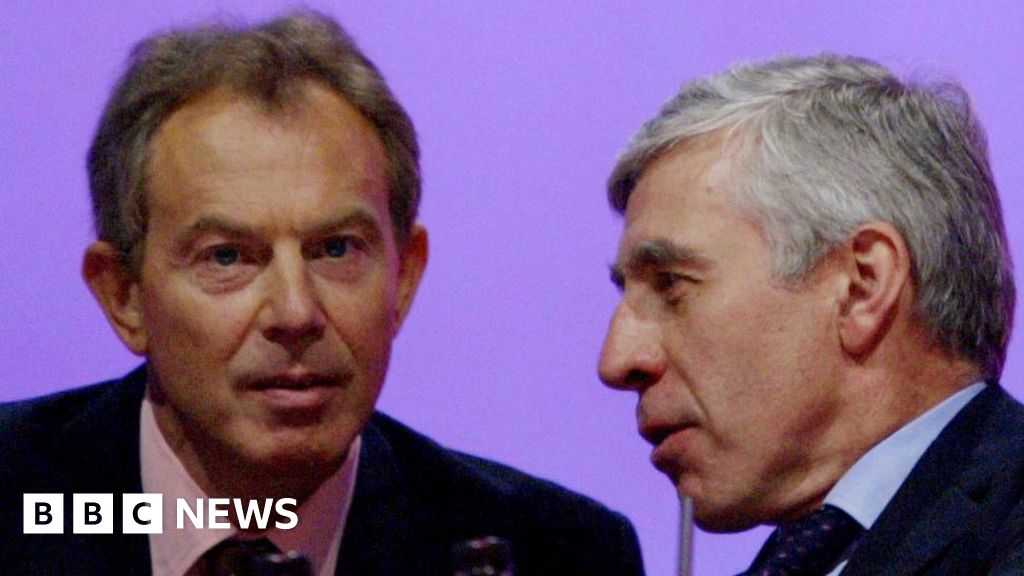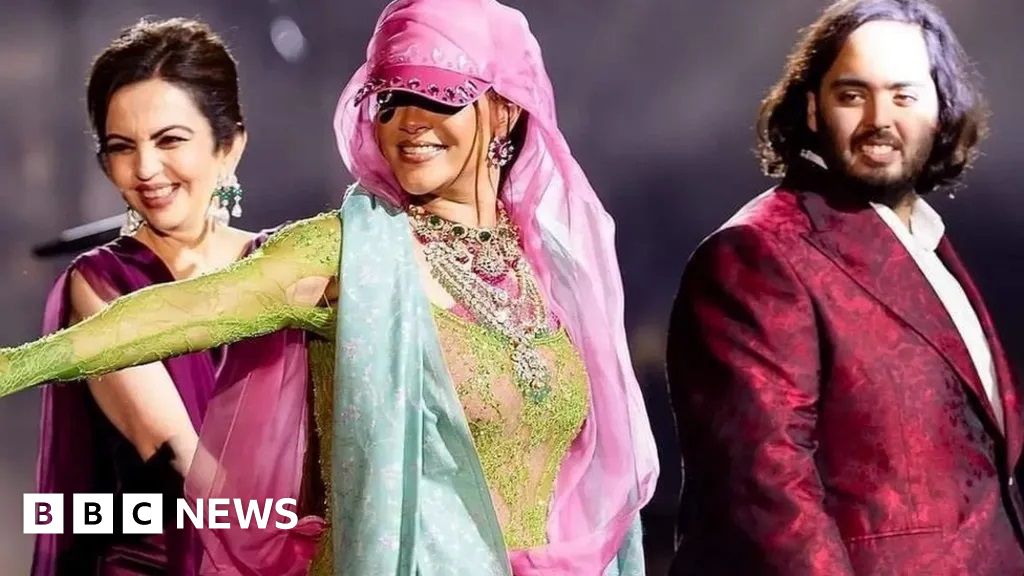The recent directive by the Inspector-General of Police, Kayode Egbetokun, banning unauthorised phone searches, arbitrary arrests, and detention of youths marks a significant acknowledgment of public grievances.
Prompted by escalating reports of police brutality, extortion, and harassment- especially targeting young Nigerians – this measure reflects a long-overdue response to systemic misconduct that has plagued the country’s law enforcement for years.
Yet, while this ban may offer a glimmer of hope, it barely scratches the surface of a deeply entrenched problem.
Already, the directive issued on December 13, 2024, has been cascaded to all state commands for implementation. Egbetokun rightly noted that similar infractions in the past, particularly the harassment of youths, caused the nationwide #EndSARS protests, which led to the destruction of life and property in the country.
As a newspaper, we are delighted that the IGP extended the punishment to both officers and their superiors, including commissioners of police (CPs) of affected commands and supervising officers, who engage in prohibited acts.
It is common knowledge that some very senior officers push their subordinates into such acts by setting high “revenue targets” for them.
There are also cases where police officers such as Divisional Police Officers (DPOs) plan rosters for police teams to raise money for fuelling of generating sets and patrol vehicles.
These often force such personnel to resort to intimidation, harassment and extortion of civilians, especially youths with expensive mobile handsets under the allegations that they are Yahoo Yahoo boys.
In the last few months, there have been growing cases of policemen searching youths’ phones and extorting them.
More worrisome is that the victims are forced to transfer large sums through mobile apps or are dragged to point-of-sale (PoS) operators to be fleeced.
Recently, a student of Federal Polytechnic, Bida in Niger State, simply identified as Ezekiel, was extorted of N140,000 by men of the Kpakungu Police Station in Niger State. It was only after media reports that the DPO of the station intervened and recovered N130,000 for the victim.
Last September, a second-year electrical and electronics engineering student of Kwara State Polytechnic, Quayun Abdulyekeen Ishola, was killed by policemen while on a shopping errand in Ilorin, the state capital.
In August 2021, two students of Alex Ekwueme Federal University in Ebonyi State on their way to the Murtala Mohammed Airport, Lagos, were stopped, harassed and extorted by policemen. The policemen detained them until they missed their flight.
There are several other cases, some reported, others swept under the rug.
It is from this perspective that we welcome the ban by the IGP on policemen searching citizens’ phones.
However, we see it as only a first step in addressing the deeper issues of police brutality, extortion, and abuse of power. Extortion by policemen is deep-rooted and deep-seated in the force. It cannot be stopped by a mere ban.
In fact, similar measures and pronouncements in the past did not produce the desired results.
Therefore, the police authorities must go beyond the ban by identifying the root causes of extortion in the force.
Why should policemen be asked to fuel generating sets and cover other sundry expenses? What happens to allocations to such stations from higher quarters?
It is also time to review the recruitment process. Some policemen paid heavily for their recruitment. Some even borrowed from relations to grease the palms of recruiting officers. Such “loans,” of course, must be repaid. To us, no ban will stop such officers from being corrupt.
The police welfare package also needs attention. Although no salary can ever be enough, a reasonable pay will make a lot of difference. Policemen are grossly underpaid in Nigeria.
We also suggest the setting up of a special task force of trusted and honest officers to enforce the ban across the country. These officers must be well-motivated to avoid falling prey to the illicit acts of their unscrupulous colleagues.
It is also essential for senior officers to refrain from defending, exonerating, and shielding their subordinates from allegations of misconduct. The secret trial of suspected or offending officers must be reviewed to allow for victims to seek redress. Nigerians have lost faith in the present secret or orderly room trial of offending policemen.
Furthermore, the identities of policemen dismissed for extortion should be made public, instead of the current mere announcement. Their names should be sent to major public and private organisations to prevent their future engagement.
The IGP must also intensify the war against infiltration into the police force. Some police officers engage private individuals as their aides. They act as fronts for them with the civil populace. Some of them are dressed in camouflage. They are the major extortionists. Some of them are members of the police community relations committee. There are also guns and fake police uniforms in wrong hands. Only a discreet investigation will unmask them.
Consequently, the ban on policemen searching citizens’ phones is timely, but it is only the beginning. The police authorities must go beyond the ban and take concrete actions to address the menace. Anything less will be a mere scratch on the surface of a deeply ingrained problem.

 1 week ago
4
1 week ago
4















 English (US) ·
English (US) ·